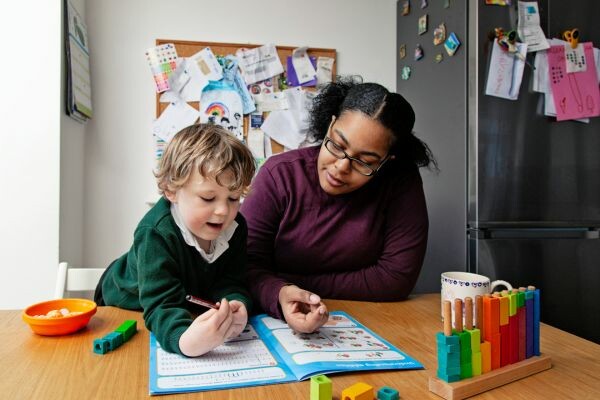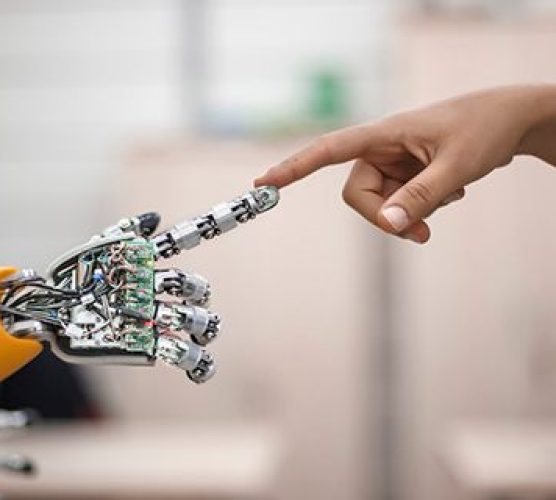Here’s the challenge:
The world is changing fast. It’s likely that lots of today’s jobs won’t exist when our kids graduate, and that computers and robots will be able to do lots of things better than humans can – even the ‘thinking’ tasks like law and commerce.
Given this, what should schools be teaching our kids right now?
(And for me personally, a slightly different question: “Given this, how should Koru Kids be training our nannies right now?”)
The expert group had lots of ideas about what’s going to be important in the future: design skills, project management, ‘asking the right questions’, ethics, politics, creativity, the arts. A major theme was ‘project-based learning’ – helping children learn how to explore, learn and synthesise.
The problem is, though, that all the experts agreed that although these things are really important, they’re not currently prioritised in mainstream UK schools. Children spend most of their time on a very narrow syllabus, going deep on things like grammar and numeracy at the expense of subjects like art and even history. They also spend an enormous amount of time being either tested or preparing to be tested. As a result, there just isn’t much time for individual passions, free-flowing project-based learning, exploratory reading or free play.
Lots of people have noticed this gap, and there’s an inevitable backlash: home education is booming, as are other forms of alternative education.
As I listened to the group talk about the gap between what was needed and what was being delivered in mainstream schools today, it struck me how important it is that we train our Koru Kids nannies to help fill this gap.

We already teach Koru Kids after school nannies how to help with homework and how to encourage qualities like resilience and ‘growth mindset’, but we can go much further than this.
For younger kids, our nannies can help carve out time for them to play, to wind down, to experience the joy of stories, and to explore the world at their own pace. For older kids, our nannies can use their own remarkable qualities – their intellectual curiosity, their experiences abroad, their hobbies and skills – to inspire the kids and help them broaden their experiences, or to go deeper in a field of particular interest.
When children finish school each day, they’re tired. They’ve spent the whole day being ‘filled up’. They probably haven’t had much chance to relax, play, follow their own interests, read for pleasure, or work on a project of their own choice.
But we can create that space after school. We can make sure that our nannies understand why it’s important, and are equipped to support it.
There’s so much more we can do on this, helping set children up for the future, and I’m very excited to be working on making it happen.



